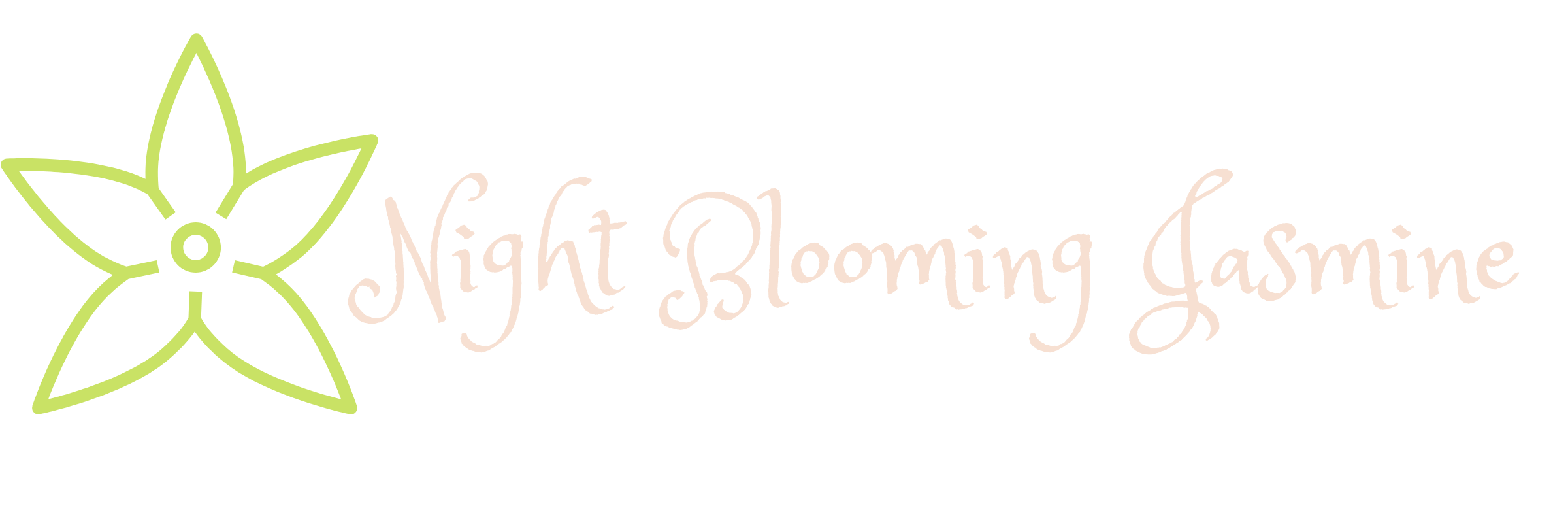I’ve been meditating on the verse from Jeremiah 12 which says, “If you stumble in safe country, how will you manage in the thickets by the Jordan.”
My first thought was, “But Lord, I like safe country. Why do I have to go to the thickets at all?” But then I thought . . .
My mom lives alone on a fairly large lot. She hires men to mow it for her. At first the men do a good job, but what seems to happen very accidentally, is that they run down the edge of the property, but not right up again the fence, and around trees, but not right up against the trees, and then little things grow along the fence line and under the trees, and not just grass-shrubs, other trees, briers and thickets. So then the next time they mow, they don’t run the mower over those things, they move in a little from the edge and mow a smaller circle. Then more things grow, and the circle gets smaller still. They’re still mowing the grass. They’re still doing they’re job, but little by little they are giving away the yard to the thickets. Then she hires another man to come and clear the overgrowth, so the men can mow again, and the cycle continues.
Then, I got to thinking about the Jordan. Thickets grow up there because there is water. If you never go to the thickets and manage them, then eventually they claim the whole river for themselves, and no one can reach the water. The “safe” way to the river will close.
I think God has been showing me that this is the way we all go on in life. We start out strong and young and idealistic, but little by little we get tired. Ruling over the Earth and subduing it is a big mandate, and so we cut a few corners, we stop pressing into uncomfortable conversations, we make little accommodations for a few weeds here or there, and little by little instead of fields of wheat and orchards of fruit trees that feed the people, or even just pleasant open spaces to sit and talk or sip tea with family and neighbors, we have thickets and briers that have claimed all the streams of prosperity in our nation and culture.
Some might read this and get incensed and say, “That’s right! We need to fight injustice and take back the streams of prosperity from the wicked people who consume everything!”
Jesus said, “Be as cunning as serpents, but as innocent as doves.” It is true that human institutions are made by imperfect humans. Sometimes they grow and evolve in ways we didn’t intend and take on a kind of thoughtless will of their own that, well, that is unjust. There is also genuine evil. Don’t think I am sweeping that under the rug. Institutions lose their humanity that accounts for some injustice, but there are also people who choose selfishness over justice, and some who find pleasure in another’s pain. There is evil, and we all fall into the path of it sometimes. When living and interacting with people and human institutions, it is wise to be watchful.
But Jesus also said, “Do not resist an evil person.” Paul said, “We wrestle not again flesh and blood.” I think a better way, is to cultivate something good. If each one, each day would cut back some of the unfruitful clutter in their own heart and desires and create a little pleasant and welcoming place for people to gather (a yard if you will), or plant something nurturing, or cultivate something wholesome, I think we would little by little rule over and subdue the world, and the earth would be filled with God’s glory. It would also be a nicer place to live!
Here is a promise that God has given us! That He has established a system too! A Law that all the Earth obeys: Do not be deceived. God is not mocked. You will reap what you sow.
The law of cause and effect, of sowing seed that reproduces it’s own kind again and again is a system that is 100% enforced and equitable. If we will sow kindness, civility, goodness, generosity, not just once, but diligently and faithfully, we will eat the harvest of it, and be filled. And have something to share. 🙂

